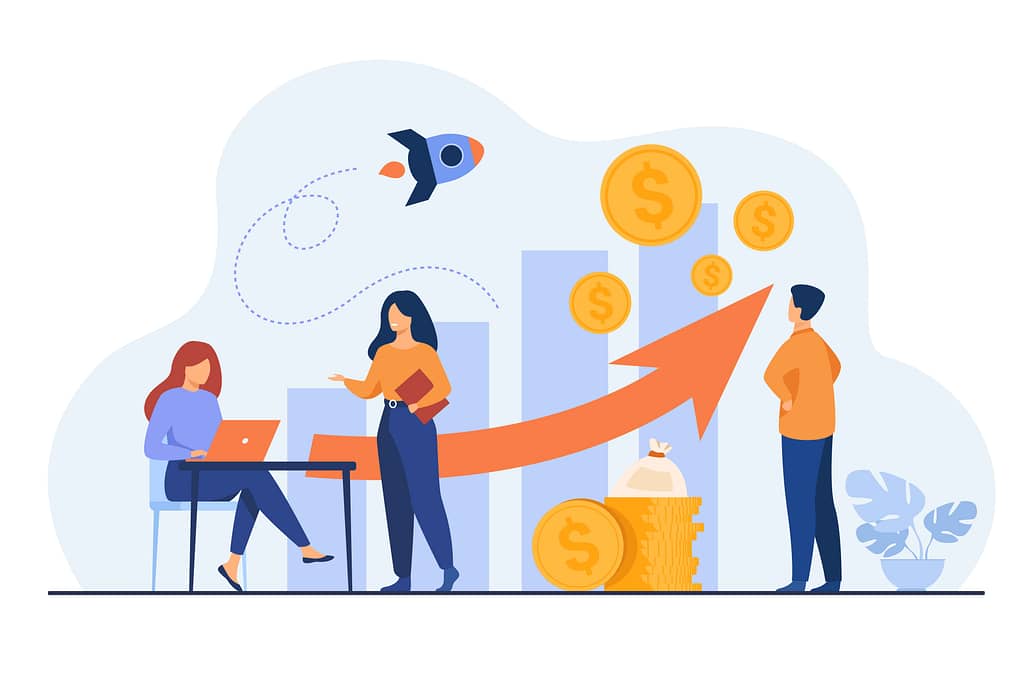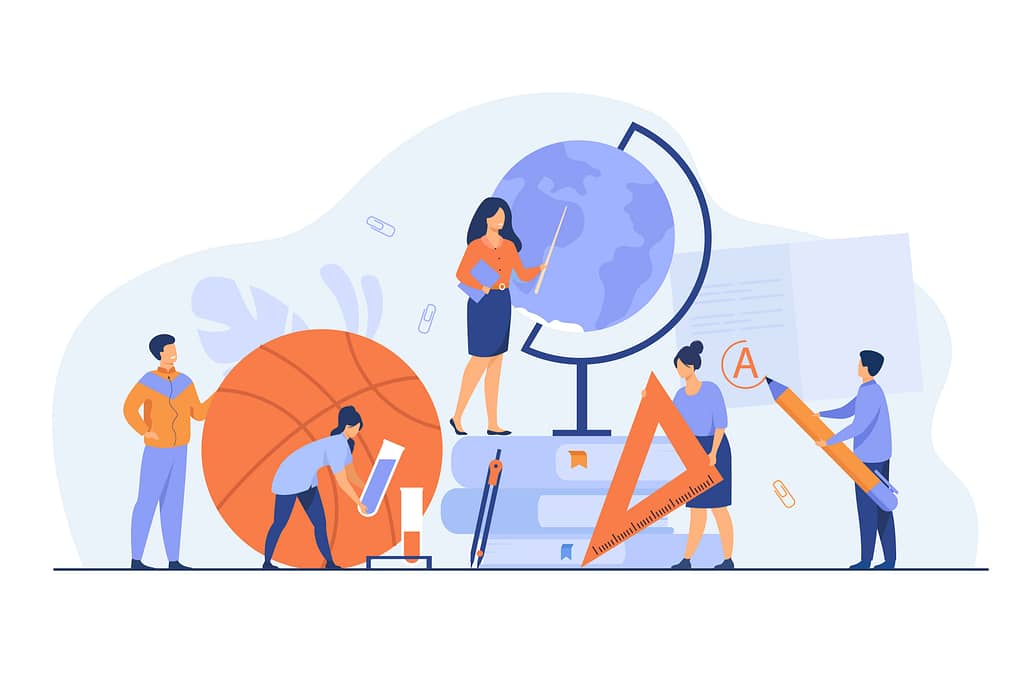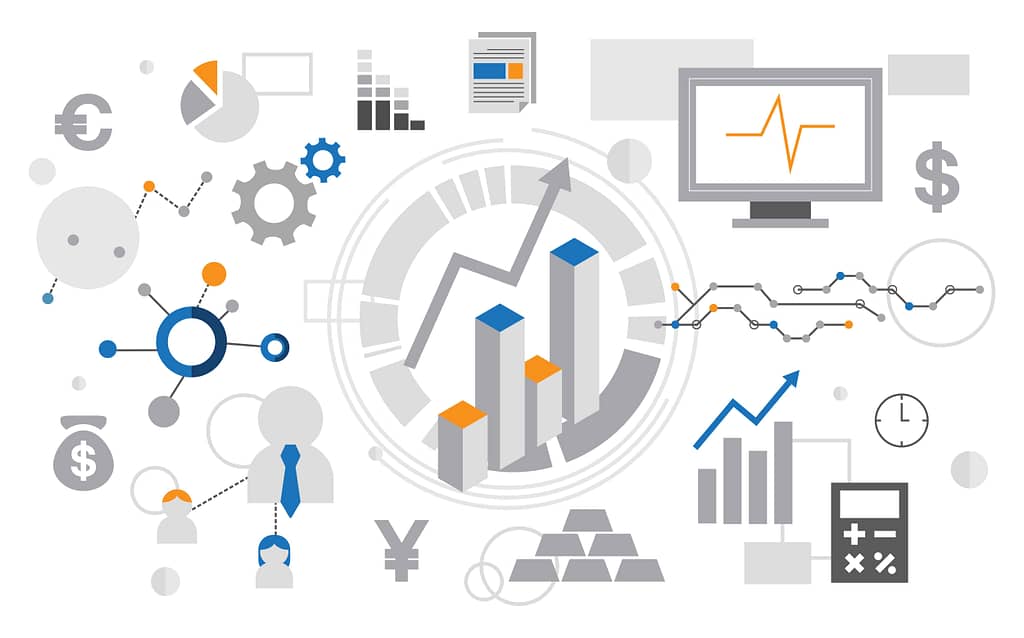is economics a social science subject?
The categorization of economics as a science or a social science sparks ongoing debate among scholars and practitioners. This debate holds significance as it shapes how we perceive the field and its methodologies. In this article, we explore the essence of this discussion, aiming to understand why it matters and what it entails. We’ll delve into the complexities of economics as a social science, examining its methodologies, addressing criticisms, and ultimately uncovering why it rightfully belongs within the realm of social sciences. Join us as we navigate through these intricacies to unveil the truth about economics’ nature.
Definition of Economics
Economics is all about understanding how individuals, businesses, and societies decide to use limited resources to fulfill their never-ending needs and desires. It’s like peering into the decision-making process behind every choice, whether it’s how much to spend on groceries, what products a company should produce, or how governments shape their policies. Here are the main goals of economics:
1. Understanding Behavior: Economics digs deep into why people, companies, and governments make the choices they do. By studying human behavior, economists aim to figure out how we react to different situations, incentives, and risks.
2. Optimizing Resource Use: One big aim of economics is to figure out the smartest way to use resources to make everyone better off. This means studying how goods are made, distributed, and used to see how we can improve everyone’s lives.
3. Exploring Markets: Economics takes a close look at how markets work—how supply and demand play out, how prices are set, and how everything balances out. By understanding how markets tick, economists can see what factors influence prices and quantities traded.
4. Evaluating Policies: Economics helps us decide if policies like taxes, spending, or regulations are good ideas. By analyzing these policies, economists can predict how they might affect things like prices, jobs, and overall economic growth.
In a nutshell, economics gives us a toolkit to understand how people and societies manage resources and make decisions. It’s like a roadmap for navigating the complex world of choices and consequences in the realm of economics.
What is a Social Science?
Social sciences encompass a wide range of disciplines aimed at unraveling the mysteries of human behavior, societal structures, and the intricate interplay between individuals and their environments. Here’s what defines a social science in simpler terms:
1. Understanding People: Social sciences dive into the fascinating world of human behavior. They explore why we think, feel, and act the way we do, shedding light on the complexities of our minds and emotions.
2. Exploring Society: Beyond individuals, social sciences zoom out to examine the bigger picture—societies. They investigate how people interact with each other, the institutions they create, and the cultures they cultivate.
3. Mixing Methods: Social scientists use a blend of tools to study human behavior and societies. They might chat with people, observe social interactions, or crunch numbers to uncover patterns and insights.
4. Working Together: Social sciences don’t work in isolation. They borrow ideas and methods from various fields like psychology, sociology, and anthropology to paint a complete picture of human existence.
In essence, social sciences are all about unraveling the mysteries of human life and society, using a mix of methods to uncover truths and understand the world we live in.
Economics as a Social Science: Unveiling Its Societal Dimensions
Economics, often dubbed as the “dismal science,” transcends mere number-crunching and stock market analyses. It delves into the heart of human societies, offering profound insights into our behaviors, interactions, and the distribution of resources. Here’s why economics rightfully earns its place as a social science:
Examining Human Behavior:
At its core, economics is the study of how individuals, businesses, and societies make choices about allocating scarce resources to satisfy their needs and wants. It scrutinizes human behavior across various domains, from production and consumption to distribution and exchange. By understanding these behaviors, economists unravel the intricate web of economic interactions within societies, shedding light on the mechanisms driving our decisions.
Interdisciplinary Nature:
Economics is not confined within its own boundaries but rather thrives on interdisciplinary collaboration. It draws upon insights from psychology to decipher the intricacies of human decision-making processes. From sociology, it borrows concepts to understand the societal structures and norms influencing economic outcomes. Political science contributes to analyzing the role of governments and institutions in shaping economic policies and outcomes. This interdisciplinary approach enriches economic analyses, providing a more comprehensive understanding of societal dynamics.
Role in Understanding Social Phenomena:
Economic theories and models serve as powerful tools for unraveling complex social phenomena. Whether it’s poverty, inequality, or market behavior, economics offers frameworks for analysis and interpretation. Economic theories help elucidate the underlying causes of social issues, guiding policymakers in devising effective solutions. By examining patterns of resource allocation and distribution, economists contribute to the discourse on social welfare, striving to create more equitable and prosperous societies.
In essence, economics transcends its reputation as a mere science of numbers and graphs. It is a social science that delves into the intricacies of human behavior, societal structures, and the allocation of resources. By embracing its interdisciplinary nature and leveraging economic theories and models, economics offers valuable insights into addressing societal challenges and fostering sustainable development. As we navigate the complexities of our ever-evolving world, economics continues to illuminate the path towards a more prosperous and equitable future.
Methodologies in Economics: Bridging Theory and Empiricism
In the realm of economics, understanding human behavior and societal interactions requires a blend of theoretical frameworks and empirical analysis. Here’s a breakdown of the methodologies used in economics and how they compare with those of other social sciences:
Empirical Methods:
Economics heavily relies on empirical methods to ground theories in real-world data. This involves crunching numbers, conducting experiments, and analyzing trends to test hypotheses and draw meaningful insights. For example, economists might analyze historical data to understand the effects of policy changes or conduct experiments to study consumer behavior under different conditions.
Theoretical Models:
Beyond empirical analysis, economics also employs theoretical models to understand economic behavior and make predictions. These models, often simplified representations of reality, help economists isolate key factors and relationships. Whether it’s supply and demand curves or game theory, theoretical models provide a framework for understanding complex economic interactions and phenomena.
Comparison with Other Social Sciences:
While economics shares similarities with disciplines like sociology and anthropology, there are distinct differences in approach:
– Sociology: Sociology focuses on studying social structures, institutions, and collective behavior. Unlike economics, which often relies on quantitative data and formal models, sociology tends to emphasize qualitative methods such as interviews and observations. While both disciplines explore societal interactions, sociology delves deeper into social dynamics and cultural influences.
– Anthropology: Anthropology examines human societies and cultures, considering historical, cultural, and environmental factors. Unlike economics’ focus on economic behavior, anthropology takes a broader view, incorporating aspects of culture, tradition, and identity. While both disciplines study human behavior, anthropology provides a more holistic perspective, considering social, cultural, and environmental contexts.
In summary, economics combines theoretical modeling with empirical analysis to understand economic behavior and societal outcomes. While it shares methodologies with other social sciences, such as sociology and anthropology, economics has its unique approach, emphasizing quantitative analysis, theoretical modeling, and policy relevance. By integrating insights from various disciplines, economists gain a richer understanding of human behavior and its implications for society.
Criticisms and Challenges: Navigating the Complexities of Economic Inquiry
While economics offers valuable insights into human behavior and societal dynamics, it’s not without its criticisms and challenges. Let’s explore some of the main issues:
Critiques of Simplifications and Assumptions:
Economics often relies on simplified models and assumptions that don’t always reflect reality. These models may assume that people always act rationally and have perfect information, which isn’t always the case. Critics argue that these simplifications can lead to inaccurate predictions and flawed conclusions about how the economy works.
Limited Predictive Power and Bias in Research:
Economic theories sometimes struggle to predict real-world outcomes accurately. This is partly due to unforeseen events and changes in the economy. Additionally, economic research can be influenced by biases, such as political agendas or funding sources, which may skew results and undermine the credibility of economic analysis.
Challenges in Integrating Insights from Other Social Sciences:
While economics can benefit from insights from other social sciences like sociology and psychology, integrating these perspectives can be challenging. Each discipline has its own methods and theories, making interdisciplinary collaboration difficult. Breaking down these barriers and fostering collaboration is essential for gaining a more comprehensive understanding of economic phenomena.
Addressing these criticisms and challenges requires a commitment to improving methodological rigor, promoting transparency in research, and fostering interdisciplinary dialogue. By acknowledging its limitations and embracing collaboration, economics can better serve its role as a social science and contribute to a deeper understanding of human behavior and societal dynamics.
Embracing Economics as a Social Science
In our exploration of economics, we’ve discovered its profound relevance within the realm of social sciences. Here’s a recap of our key insights:
Interdisciplinary Nature: Economics thrives on interdisciplinary collaboration, drawing from psychology, sociology, and political science. This approach enriches our understanding of human behavior and societal dynamics, providing a more nuanced perspective on economic phenomena.
Understanding Human Behavior: At its core, economics seeks to decipher the complexities of human behavior within social contexts. By studying how individuals, businesses, and governments make decisions, economics illuminates the forces shaping economic outcomes and societal progress.
Importance of Integration: Recognizing the interconnected nature of societal issues, integrating economics with other social sciences is crucial. Collaboration fosters a holistic understanding of complex problems and enables more effective policy responses to address societal challenges.
In light of these insights, economics unquestionably qualifies as a social science. Its focus on human behavior, interdisciplinary approach, and commitment to addressing societal issues underscore its significance within the social sciences landscape.
Therefore, it’s evident that economics should be embraced as a social science—a discipline uniquely positioned to inform policy decisions, foster social progress, and contribute to the advancement of human welfare. By recognizing its role alongside other social sciences, economics can continue to evolve and contribute meaningfully to our understanding of the world.
FAQs about – Is Economics a Social Science Subject Today?
Is economics considered a social science today?
– Yes, economics is widely recognized as a social science. It focuses on understanding human behavior, societal interactions, and the allocation of resources within societies.
What distinguishes economics as a social science?
– Economics examines how individuals, businesses, and governments make choices about allocating scarce resources to fulfill their needs and wants. It also explores the impact of these decisions on societal welfare and economic outcomes.
How does economics relate to other social sciences?
– Economics shares common ground with disciplines such as sociology, psychology, and political science. It integrates insights from these fields to analyze economic behavior, market dynamics, and policy implications within broader social contexts.
Can economics address social issues and challenges?
– Yes, economics provides analytical tools and frameworks for understanding and addressing various social issues, including poverty, inequality, unemployment, and environmental sustainability. By examining economic factors and their societal impacts, economists contribute to policy discussions and interventions aimed at tackling these challenges.
What methodologies does economics employ as a social science?
– Economics utilizes a combination of empirical methods, such as statistical analysis and experimental research, and theoretical models to study economic phenomena. These methodologies enable economists to test hypotheses, analyze data, and make predictions about economic behavior and outcomes.
Are there criticisms of economics as a social science?
– Yes, criticisms of economics include concerns about oversimplified models, unrealistic assumptions, and limited predictive power. Some argue that economic analyses may be biased or influenced by ideological factors, leading to questionable conclusions and policy recommendations.
How does economics contribute to understanding societal dynamics?
– Economics offers insights into how individuals, firms, and governments interact within societal frameworks. It helps illuminate patterns of resource allocation, market behavior, and policy outcomes, shedding light on the complex interplay between economic factors and social phenomena.
Can studying economics help address global challenges?
– Yes, studying economics equips individuals with analytical skills and a deeper understanding of economic systems and their societal implications. By applying economic principles to real-world problems, economists contribute to efforts aimed at addressing global challenges such as poverty alleviation, sustainable development, and economic stability.
What can you do with an economics degree?
– With an economics degree, you can pursue diverse career paths in fields such as finance, consulting, government, academia, and international development. You may work as an economist, financial analyst, policy analyst, data scientist, or researcher, among other roles.
What is economic utility?
– Economic utility refers to the satisfaction or benefit derived from consuming a good or service. It reflects the value or usefulness that individuals derive from their choices and is central to economic decision-making.
What is trade-off in economics?
– A trade-off in economics refers to the sacrifice made when choosing one option over another. It involves weighing the benefits and costs of alternative choices and selecting the option that maximizes utility or satisfaction, given limited resources.
Is economics a social science?
– Yes, economics is considered a social science. It examines human behavior, societal interactions, and the allocation of resources within societies. Economics integrates insights from other social sciences, such as sociology and political science, to analyze economic phenomena within broader social contexts.
What can you do with an economics degree?
– With an economics degree, you can pursue diverse career paths in fields such as finance, consulting, government, academia, and international development. You may work as an economist, financial analyst, policy analyst, data scientist, or researcher, among other roles.




